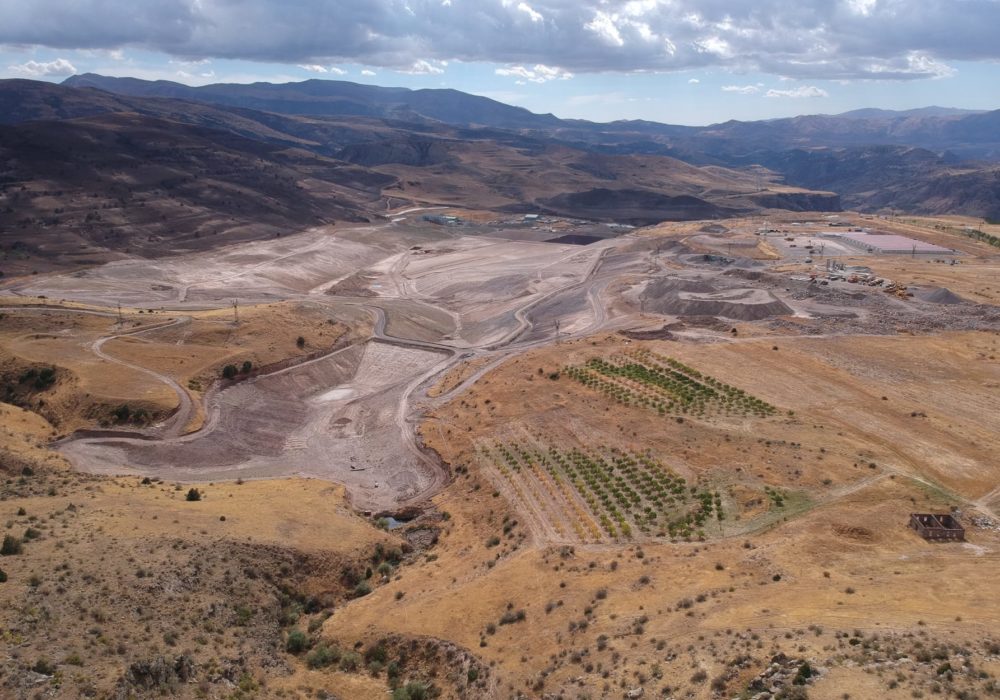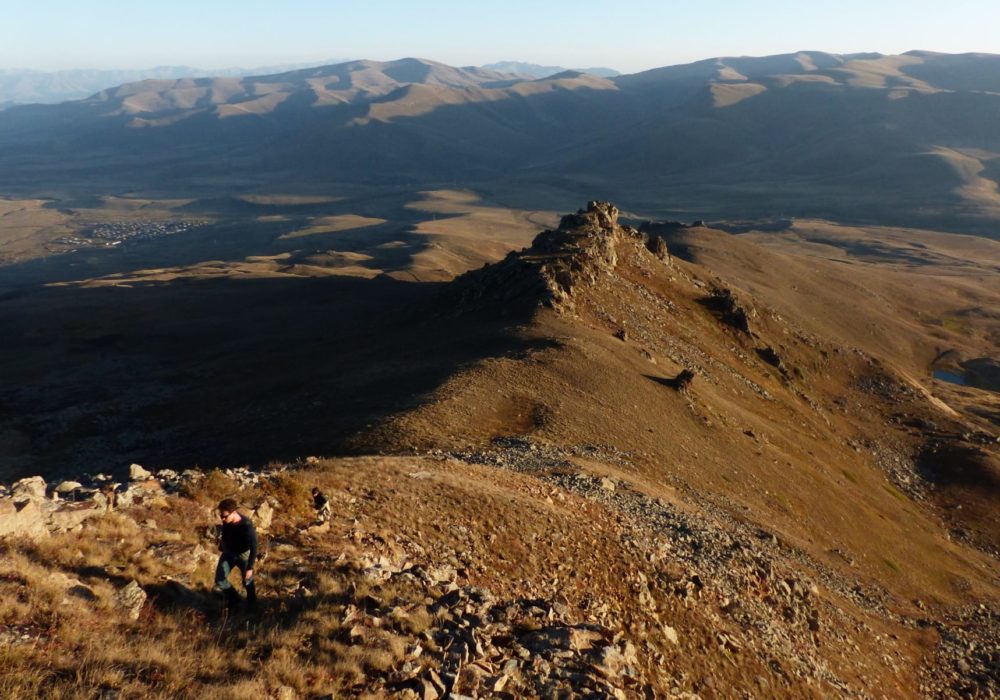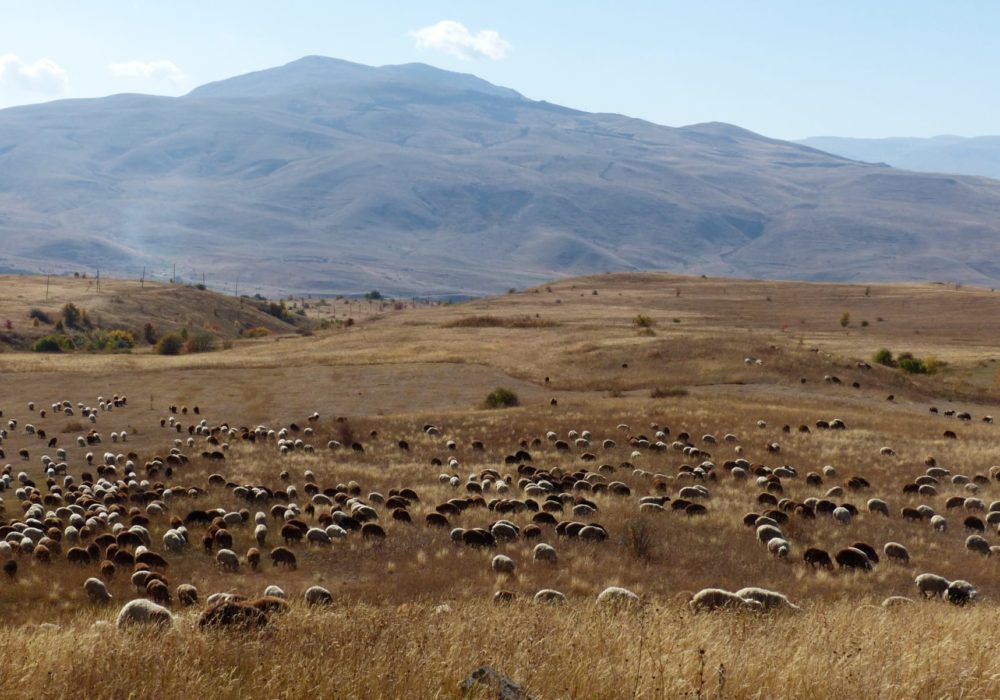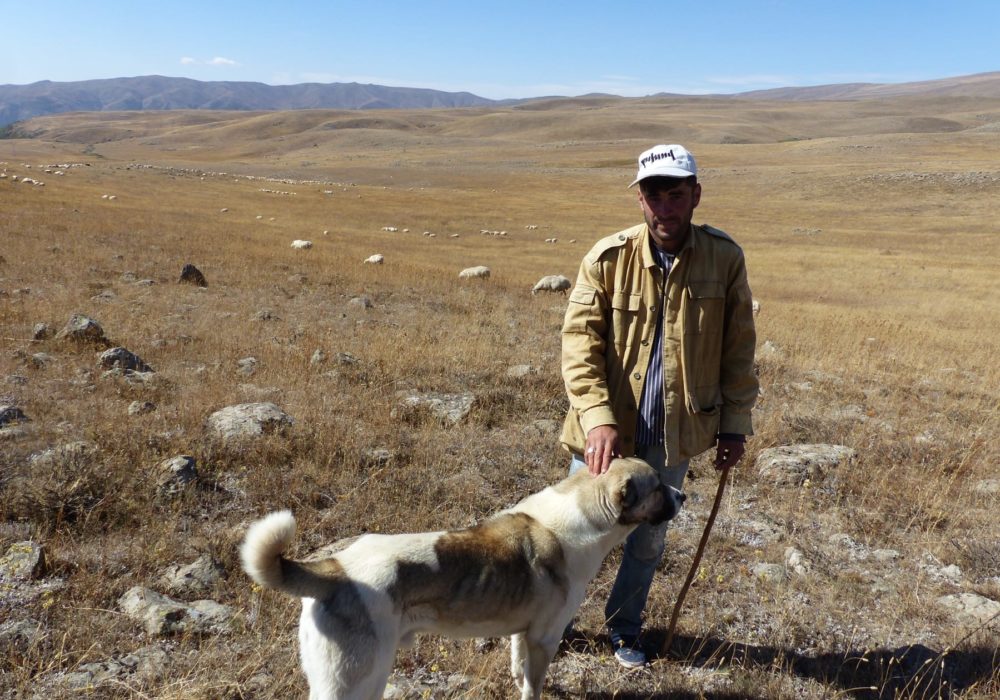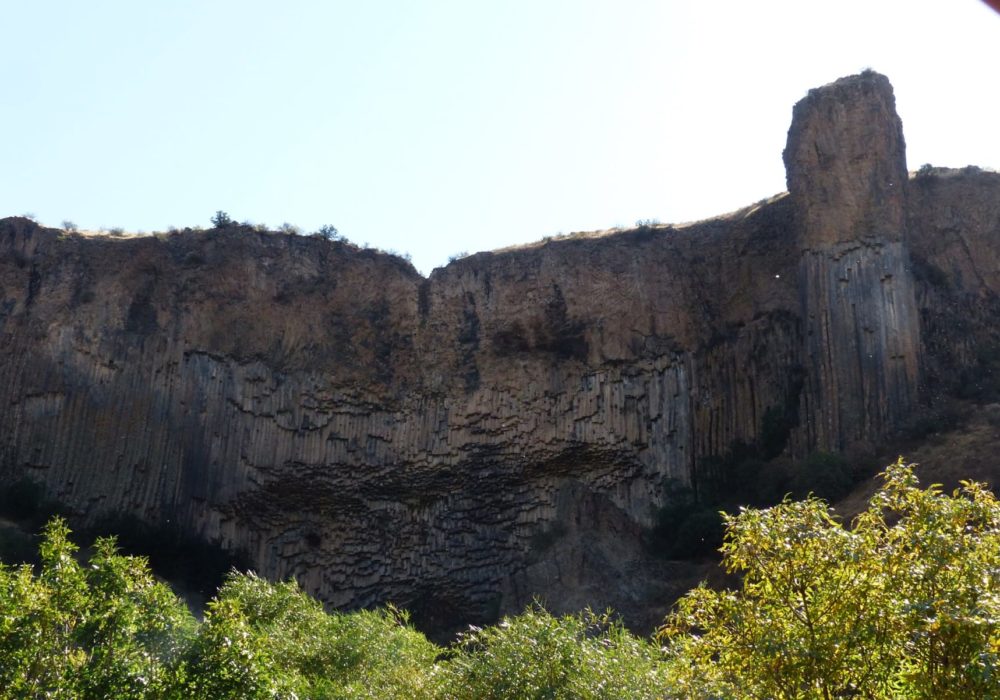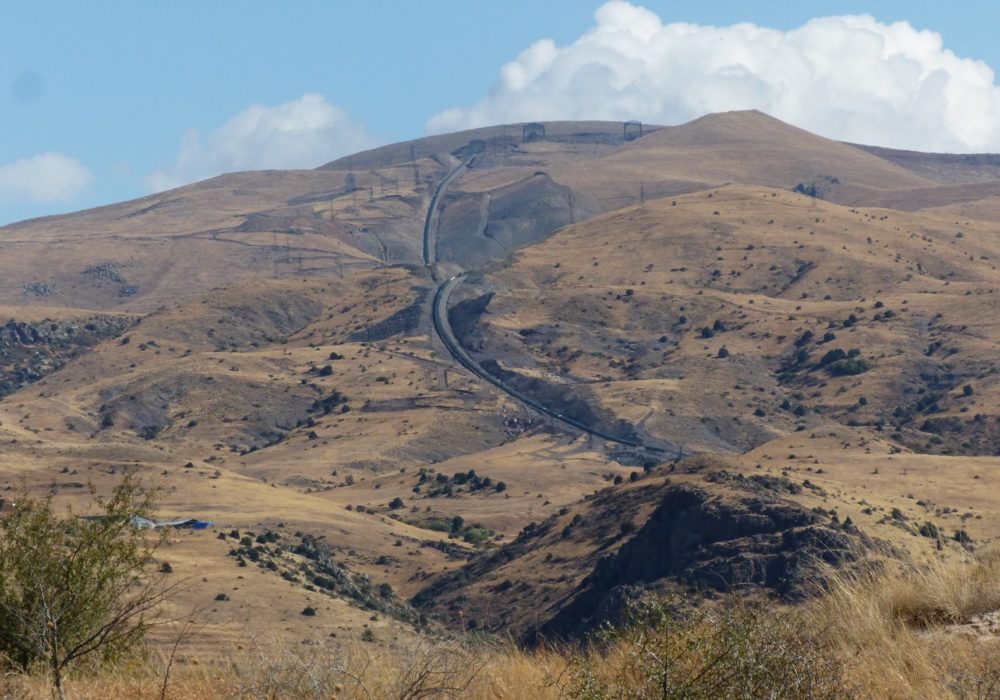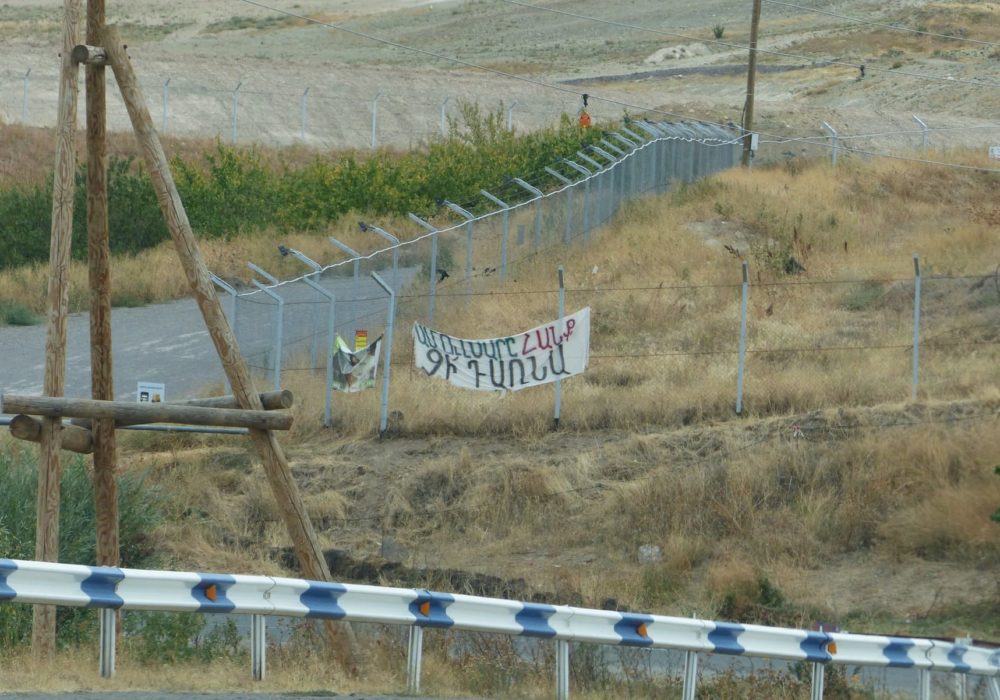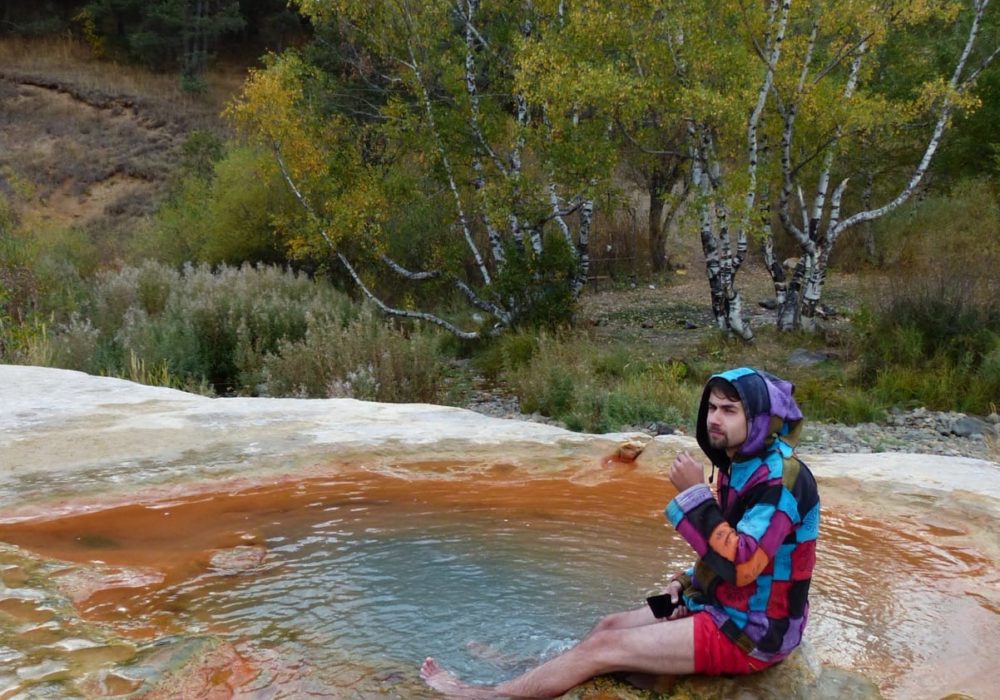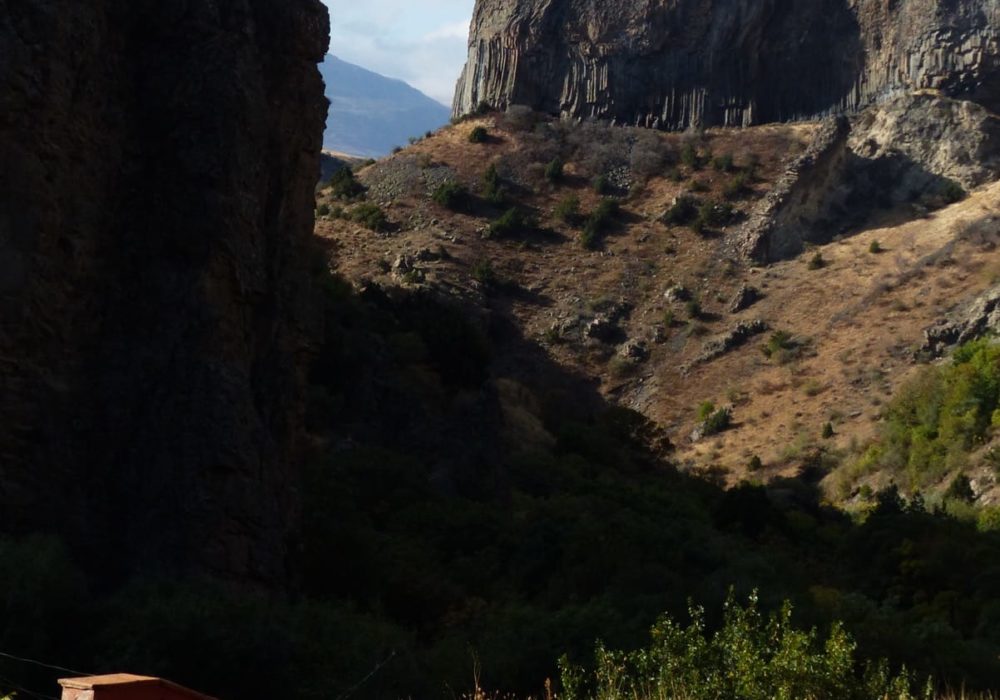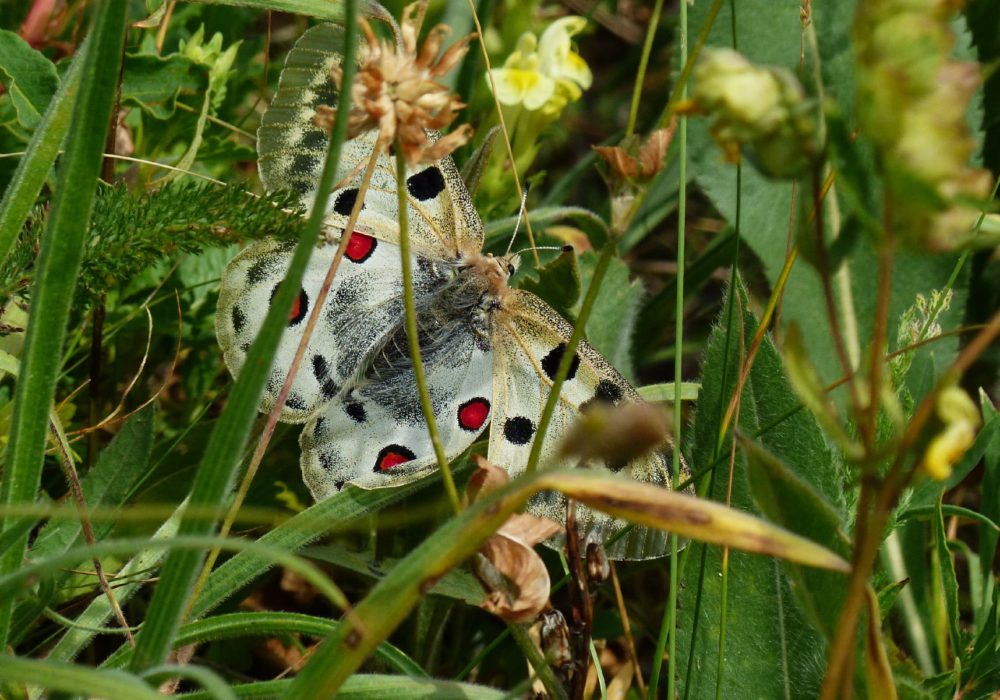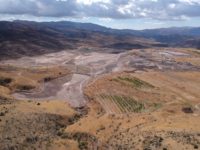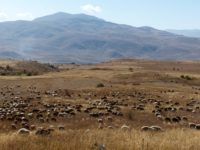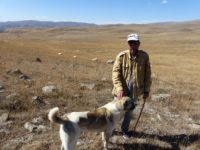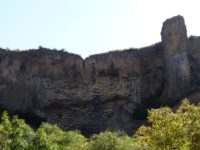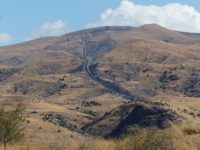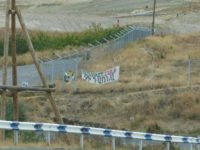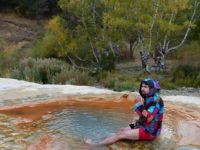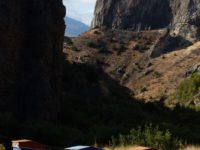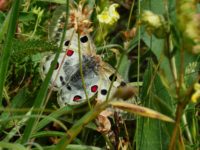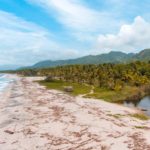The mining company Lydian, is trying to develop the controversial Amulsar gold mine near the touristic spa town of Jermuk. Since 2018 locals are blocking the four access roads to the mine, having long contested that it poses a threat to their environment and economic livelihoods, as Lydian plans to use cyanide to extract gold from the ore. In 2020 the company was delisted from the Toronto stock exchange after its market price dropped ten-fold. Local people are still fighting for their sustainable future, while Lydian is trying to sue the Armenian state.
A test for Armenian new-found democracy
The wave of protest and activism that brought Nikol Pashinyan to power is now pressuring him to take action in Amulsar against the country’s biggest international investor.
The demands of the local protesters are clear. Since mid-2018 they have been standing guard, blocking the roads leading to the mine.
Complying with this position, the government started additional studies to assess if the company is operating in accordance with Armenian law. In the case of a negative assessment, the operation permit could be annulled.
Quote: “I’m sure that the government will hear us, otherwise the revolution will be useless if the government is going to treat us the way the previous government did,” said a protester.
Amulsar – another troubled project?
Low trust in Lydian’s assurances of safety and high standards is rooted in Armenia’s checkered track-record with mining projects.
Lydian presented the Amulsar mine as an exemplary project, using the involvement of the EBRD and the IFC (until they pulled out in 2017) as a stamp of approval from reputable international institutions.
Lydian presented the Amulsar mine as an exemplary project, trying to legitimize it through the involvement of reputable international institutions such as the European Bank for Reconstruction and Development (EBRD) and the International Finance Corporation (IFC)*.
A detailed review, however, shows that the Amulsar mine is not fully compliant with the EBRD’s requirements, and goes against multiple international treaties and national regulations, such as the Bern Convention on the Conservation of European Wildlife and Natural Habitats.
*the IFC pulled its support in 2017.
Misplaced biodiversity
To make up for the damage to biodiversity, the company plans to establish a substitute Jermuk National Park in the nearby area using the EBRD financing.
These sort of biodiversity offsetting measures aiming to compensate for a permanent loss of key biodiversity in the project area are risky, unpredictable, and incompatible with environmental laws in many countries, including Armenia, and international conventions.
Disrupted local livelihoods
Residents of the resort town Jermuk and the surrounding communities have long contested that the mine poses a threat to their environment and economic livelihoods, as Lydian plans to use cyanide to leach gold concentrate from the ore.
For the spa-town and its famous healing waters, a toxic gold mining production site at its doorstep is an unwelcome neighbour. The gold mine has already caused dust pollution, and its cyanide leaching technology poses a serious threat to tourism in Armenia’s ‘little Switzerland’ and could be detrimental to Armenia’s water resources, such as the Arpa river and lake Sevan.
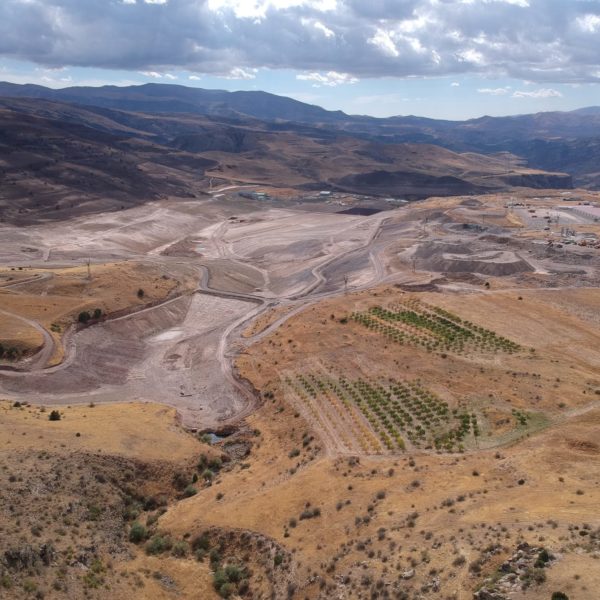 Armenian
Environmental Front
Armenian
Environmental Front
 English
English Armenian
Armenian Russian
Russian

